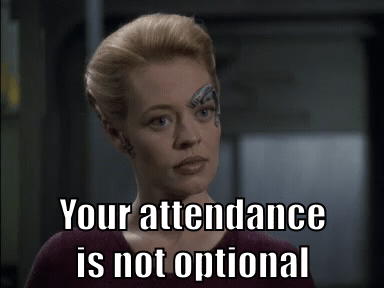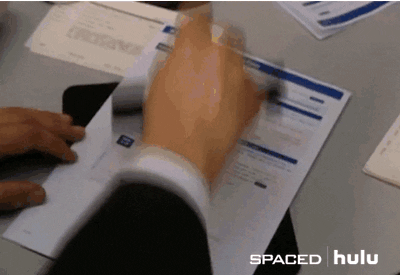"Lemonade" is the sixth album of the artist Beyoncé, who has previously produced hits such as "Crazy in Love," "Single Ladies (Put A Ring On It)" and "Drunk in Love." She has been married to rapper Jay Z for eight years and the couple has a 4-year-old daughter named Blue Ivy.
"Lemonade" was released on April 23, 2016 as a visual album on HBO and music website, Tidal, which is owned by Jay Z (ironically). This album consists of 12 tracks, including the song "Formation," which Beyoncé performed at the 2016 Super Bowl.
The entire album, at first glance, is arguably the best Jay Z diss track in existence (sorry Nas). Upon its release, it was assumed that Jay Z had cheated on Bey and that their marriage was coming to an end. This was addressed by the couple, who said that they had no intentions of ending their relationship; this came as a surprise to many. The first four tracks are a bold attack on a cheating husband (reportedly Jay Z). After the announcement that they were not separating, it was assumed that the whole thing was fake and no cheating occurred.
Analysis of "Lemonade" may seem to indicate otherwise. After listening to "Don't Hurt Yourself," which has some incredibly explicit lyrics and some very open anger, I was led to believe that there was a betrayal. "Sorry," is another song that has some strong feelings of anger, presumably toward Jay Z.
The middle part of the album focuses on an inflection of the artist in "Daddy Lessons" and "Forward." The anger displayed in the forefront of the album seems to fade into frustration and analysis of the problem.
The two most telling songs of the entire album are "Love Drought" and "All Night." Beyoncé reveals that she misses her love and pleads for him to come back. "All Night" focuses on the resolution of the situation. Trust must be built for the relationship to be a viable one, but there is faith in her love.
The album, when taken at face value, is about making the best out of a bad situation. Beyoncé was cheated on and had her heart broken, so she produced an album that made over $3 million daily for the first week of its release. She also saved her cheating husband's failing business (Tidal) with "Lemonade." She took the lemons that life handed her and made lemonade.
In "Hold Up," Bey asks: "What's worse, lookin' jealous or crazy?" In the end, she chooses crazy. If "Lemonade" has showed me any one thing about Beyoncé, it is that she is absolutely crazy. She was cheated on by her husband, who if you ask me is playing tee ball while Bey is currently pitching for the Yankees (she's way out of his league). After being cheated on, she then forgives him and makes amends to their relationship. If that's not enough, she uses her influence to save his failure of a music streaming website after Kanye West failed to save it with "The Life of Pablo." Nice. Real nice.
Call me bitter, but I could never do that for anyone, ever. I respect Beyoncé and love her music, but she is insane for this.
The most overlooked yet most important song on the album is "Freedom." Bey collaborates with Kendrick Lamar, a politically present rapper. This song is in support of the Black Lives Matter movement. "Freedom" is where Beyoncé establishes herself as a leader for this empowerment and the freedom from oppression. The end features a statement from Hattie White, Jay Z's grandmother, at her 90th birthday party.
"I had my ups and downs, but I always had the inner strength to pull myself up. I was served lemons, but I made lemonade."
Bey uses this statement to talk about turning a bad situation into a victory. She is a leader at the forefront of freedom from oppression, and her influence on this movement is impressive. This statement also refers to the infidelity that she experienced. Jay Z apparently literally begged at her feet, and Beyoncé used this to mend their relationship.
Truthfully, I would have taken an entire album on theme featured in "Freedom" rather than forgiveness of adultery. The sweetness of "Lemonade" failed to counter the saltiness brought on by the cheating.


















































